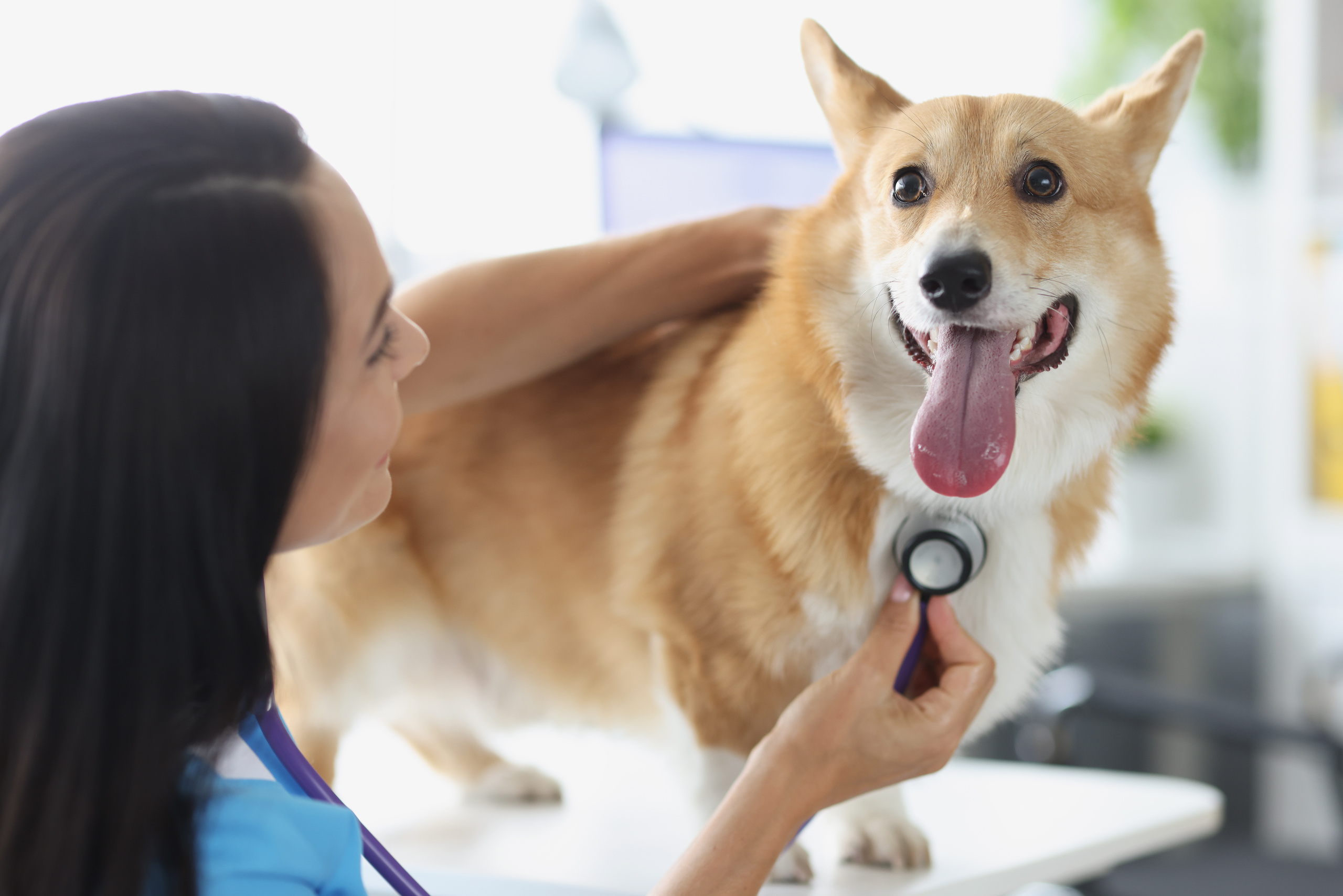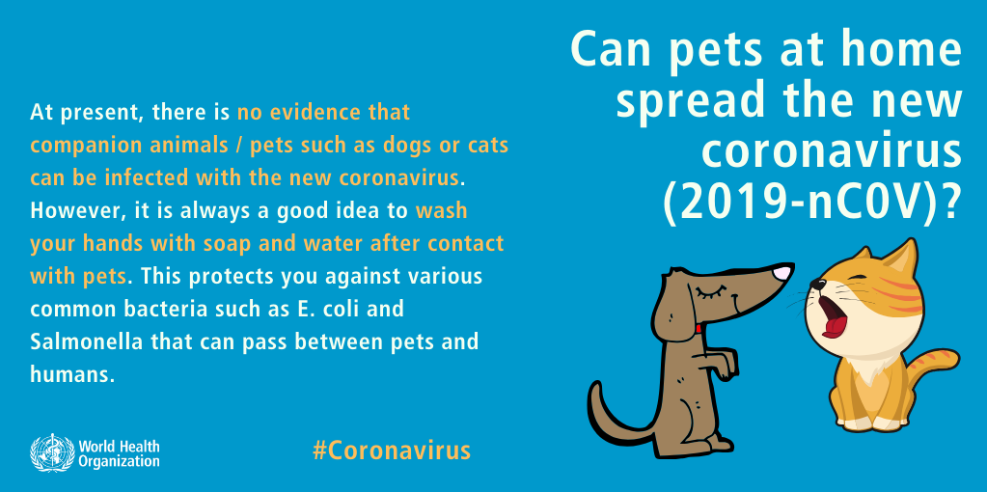
Heart Disease In Dogs and Cats: Signs and Symptoms
September 17th, 2024
Heart disease in cats and dogs is often a silent, progressive condition that can go undetected in its early stages. At Newport Center Animal Hospital, we are proponents of prevention and early intervention to keep your furry companion healthy and vibrant. Our dedicated team has compiled a guide outlining the most common signs and symptoms in pets to ensure prompt treatment and the best possible outcomes.
Understanding Heart Disease in Cats and Dogs
Heart disease refers to conditions affecting the heart structure, rhythm, or ability to contract and relax. It can be present at birth or develop during a pet’s lifetime. The most common types of heart disease in cats and dogs include birth defects, heart valve malfunctions, thickening or weakening of the heart muscle, heartworm disease, and an irregular heartbeat.
What Are Common Signs of Heart Disease in Cats and Dogs?
Sick pets are often masters at masking signs of illness until the condition has worsened significantly. The following are some subtle signs to look out for to ensure prompt treatment for your furry companion:
- Loss of Appetite: While loss of appetite can be a symptom of a range of health concerns, it’s important to have your furry friend checked to rule out heart disease.
- Coughing: Frequent and persistent coughing that lasts for more than a few days can indicate fluid buildup in or around the lungs, which is a common symptom of heart disease.
- Difficulty Breathing: Fluid buildup and decreased heart function can make it hard for cats and dogs to breathe, which can result in changes in breathing patterns, labored breathing, or shortness of breath.
- Fatigue and Lethargy: Cats and dogs with heart disease can begin to show less interest in playing, fatigue after light activity, general lethargy, and exercise intolerance.
- Restlessness: Heart disease can make it hard for your pet to find a comfortable position, especially during sleep, leading to restlessness.
- Fainting or Collapse: Episodes of fainting or sudden collapse can result from the heart not pumping effectively, indicating advanced heart disease.
- Abdominal Swelling or Distention: Fluid accumulation in the abdomen, a condition known as ascites, is often an indicator of heart failure.
- Pale or Bluish Gums: Pale or blue-tinged gums can be a sign of poor oxygen circulation resulting from heart disease.
- Heart Murmur: Heart disease can cause a heart murmur, characterized by changes in the rhythm of the heartbeats.
Diagnosing Heart Disease in Cats and Dogs
If you see any warning signs of heart disease in your cat or dog, make sure to contact Newport Center Animal Hospital to schedule a consultation. Our veterinary team will talk to you about your pet’s symptoms and your observations. We will also conduct a thorough examination and listen to your pet’s heart for any irregularities or murmurs.
Our experienced veterinary team utilizes diagnostic imaging, including X-rays, to determine the heart’s shape, structure, and function and determine whether there’s fluid accumulation in and around the lungs resulting from heart failure. We may also run blood tests to establish a baseline of your pet’s heart health and determine whether current medications are causing complications.
Treating and Managing Heart Disease in Cats and Dogs
At Newport Center Animal Hospital, we offer personalized care to address your pet’s unique needs. Treating heart disease may involve the use of diuretics to reduce fluid buildup, ACE inhibitors to lower blood pressure, and medications to support your pet’s heart function. We may also recommend a low-sodium diet to minimize fluid retention, dietary changes to support heart health, and regular exercise to boost your pet’s health. Make sure to keep up with follow-up visits to allow us to monitor your pet’s health and adjust the treatment plan as the disease progresses.
Veterinary Heart Disease Care Near Me in Newport Beach, CA
If you see signs of heart disease or have concerns about your pet’s health, contact Newport Center Animal Hospital to schedule a consultation. Our team will work with you to manage your feline or canine companion’s concerns, ensuring the best possible quality of life. We invite you to contact our office at 949-644-5460 to schedule your appointment or request one online today!

